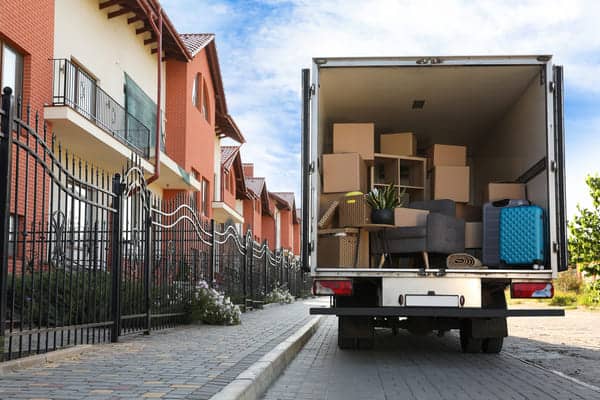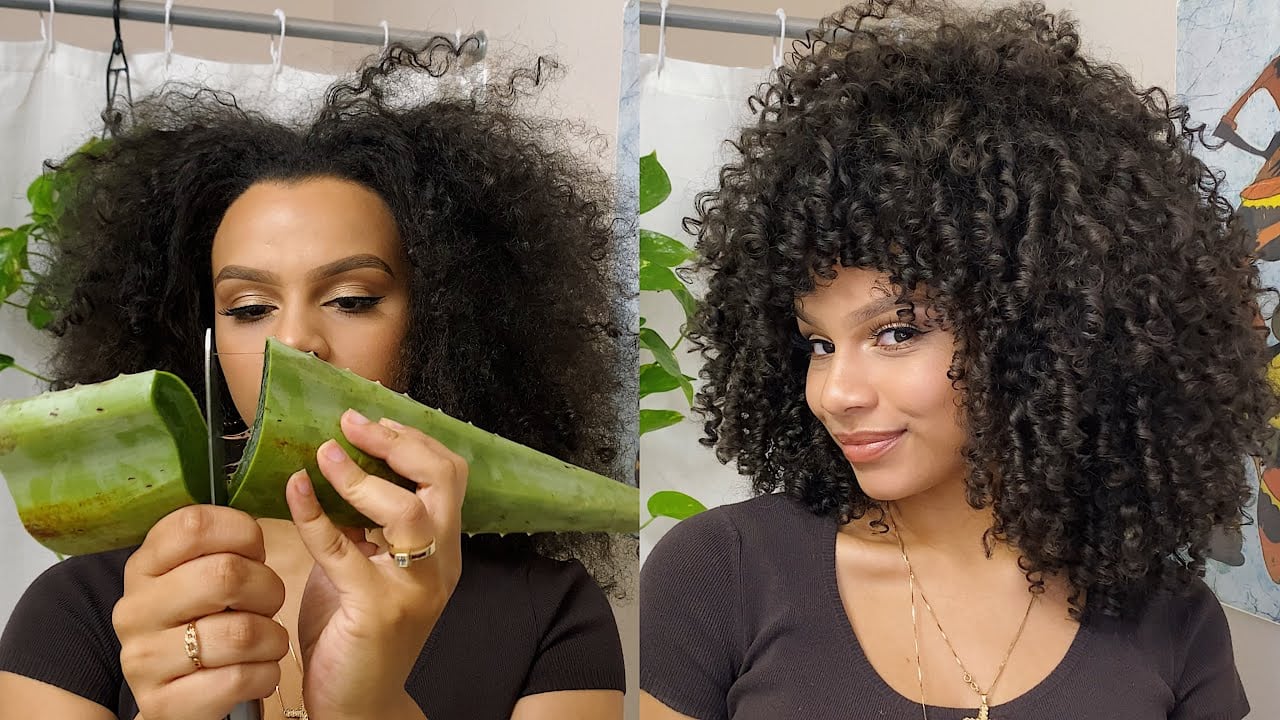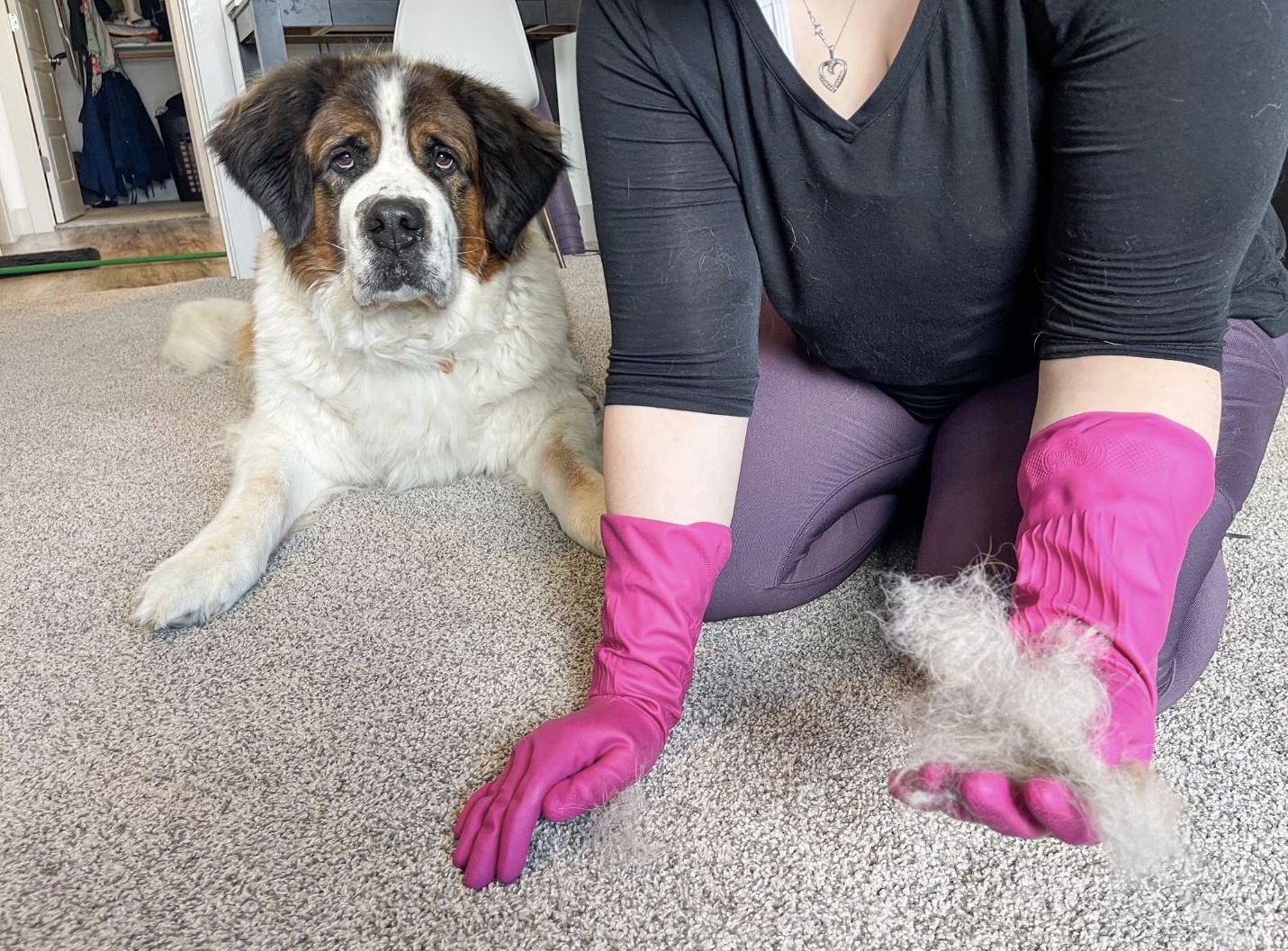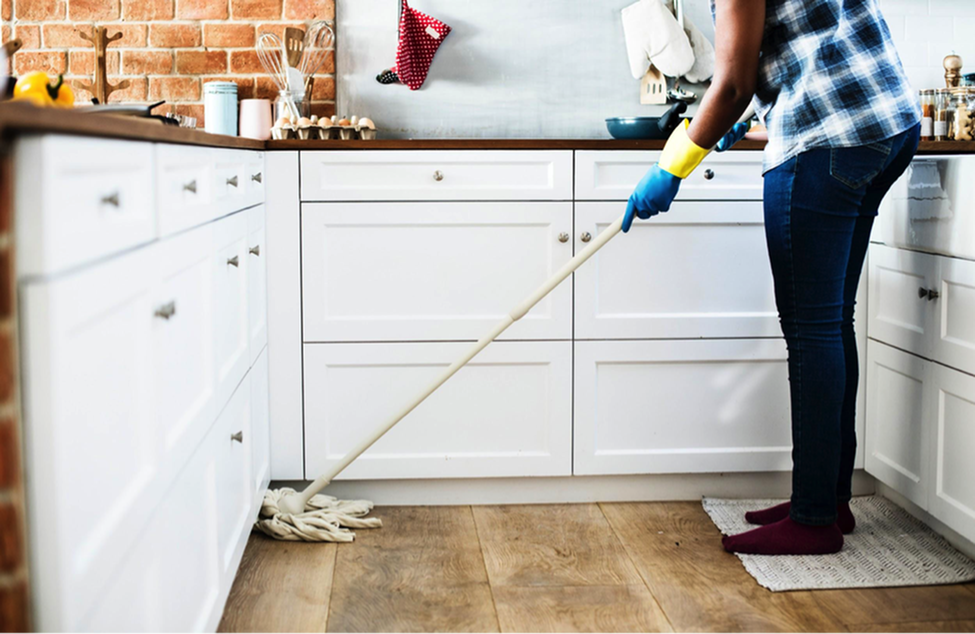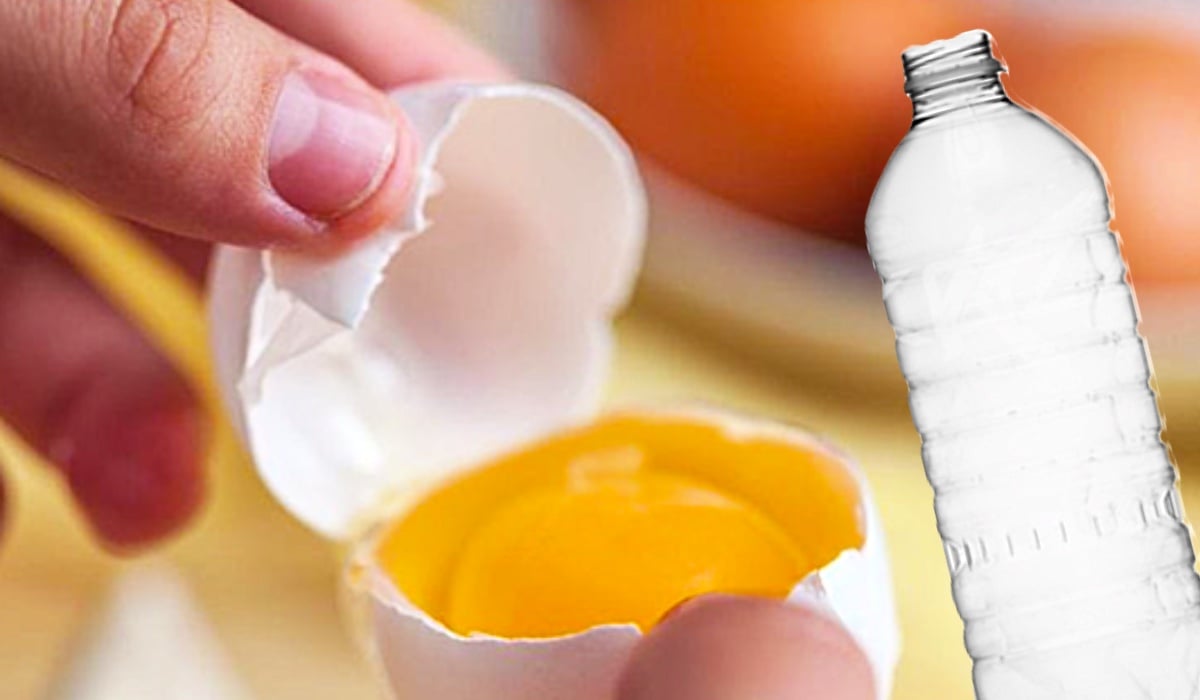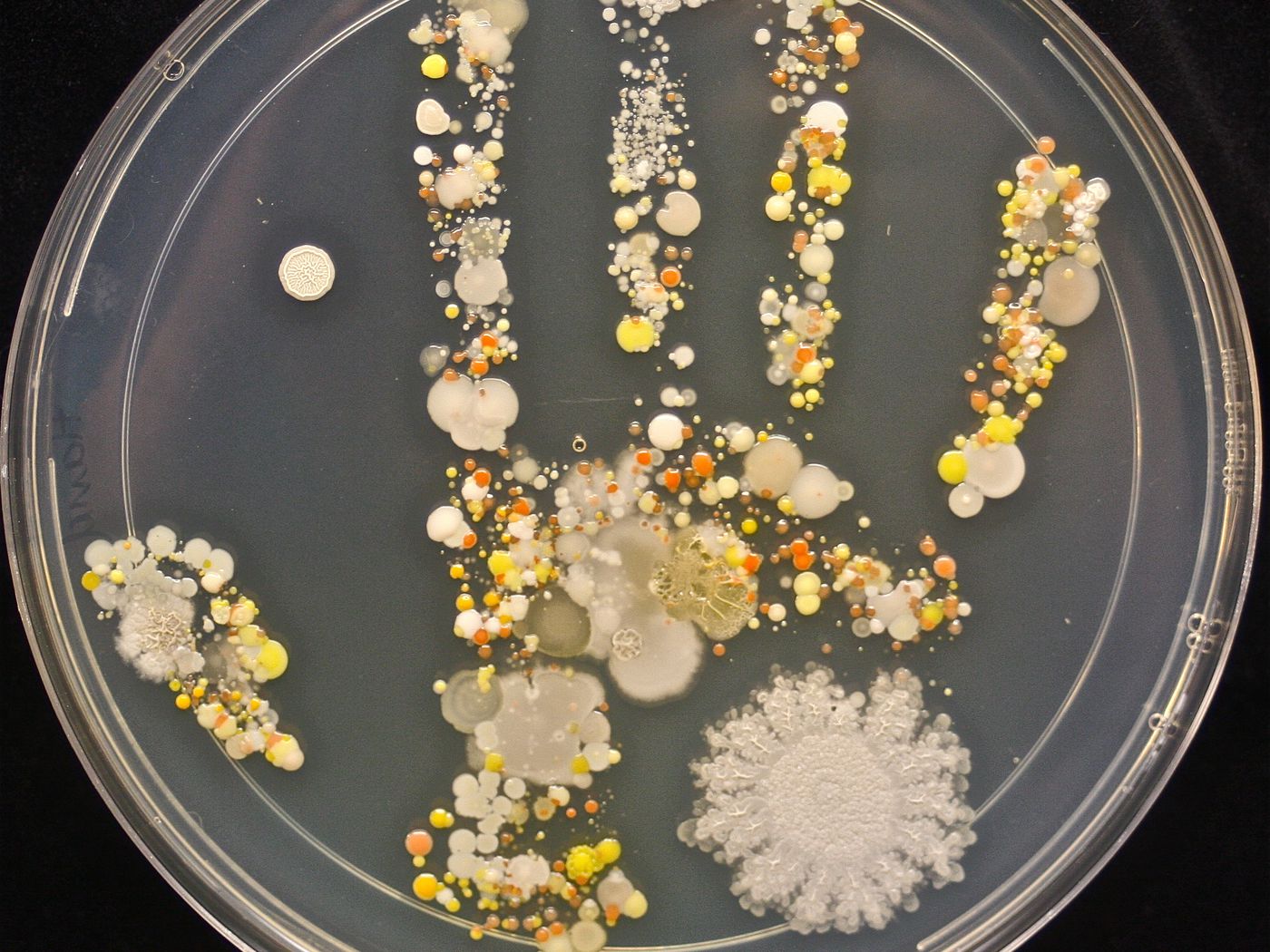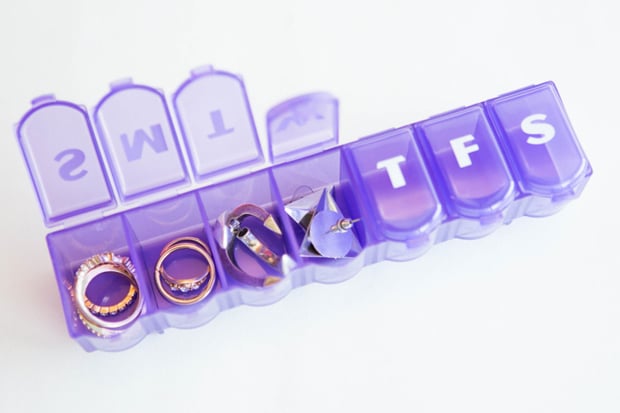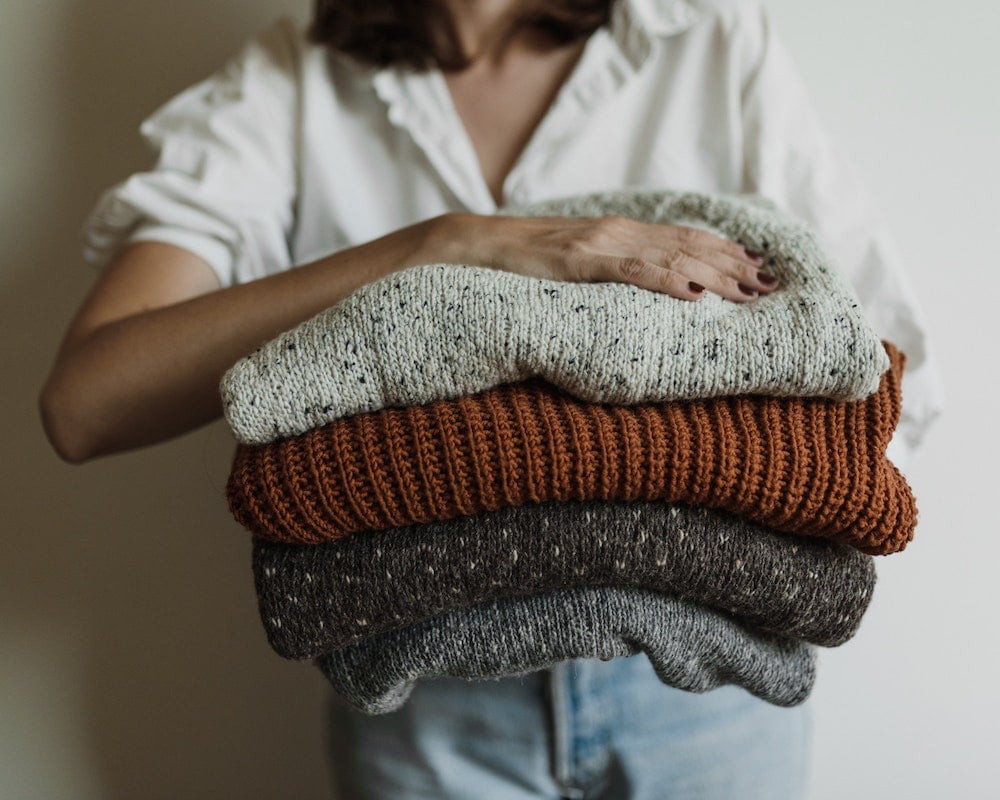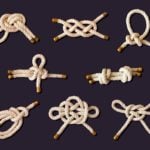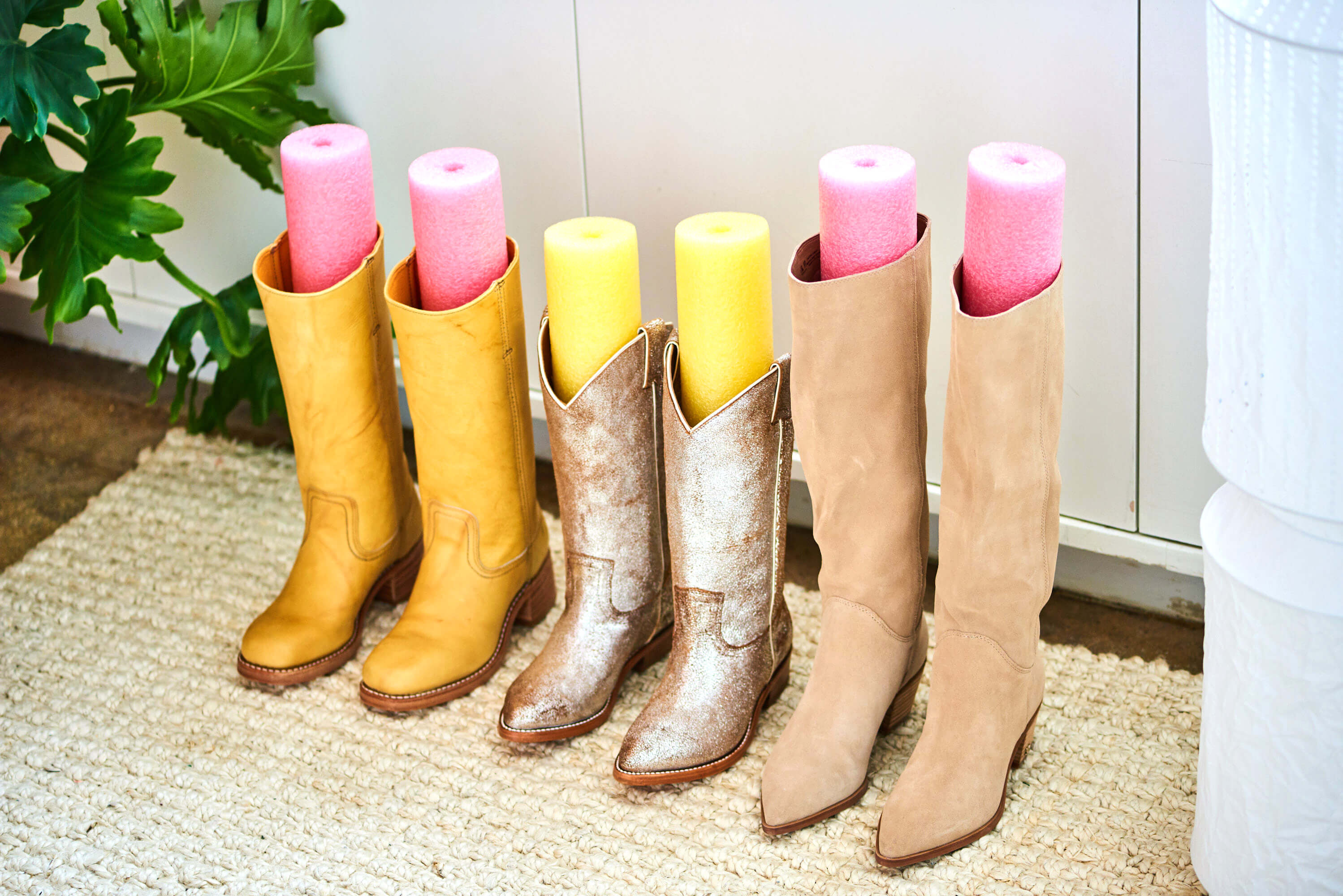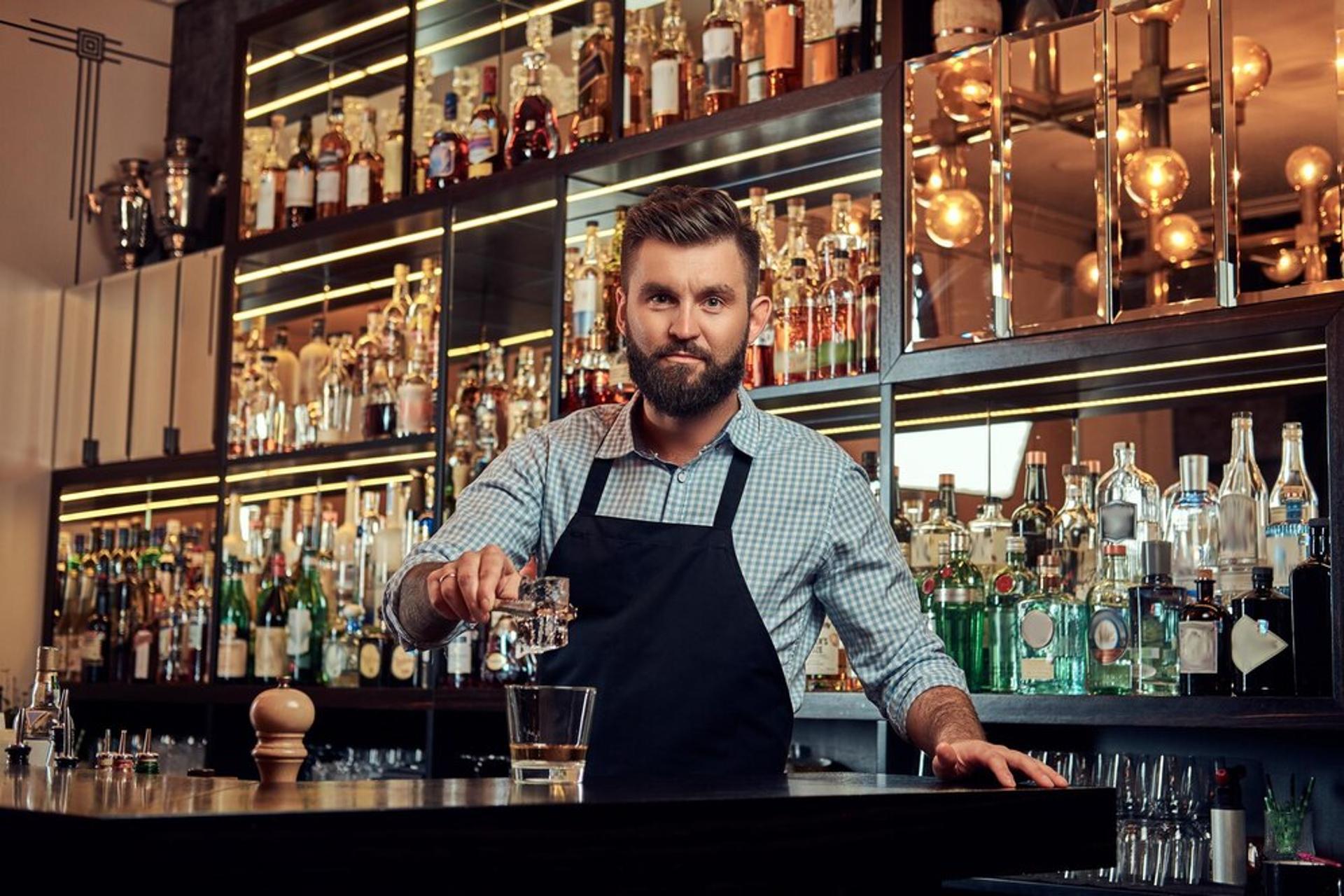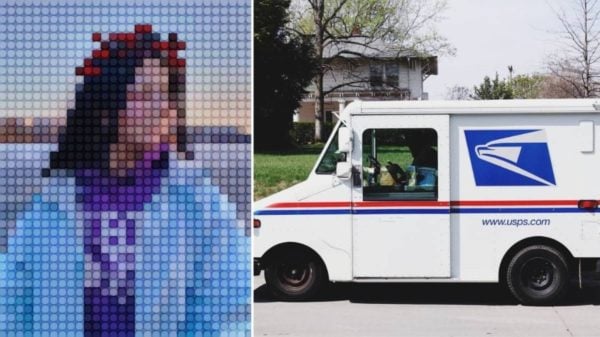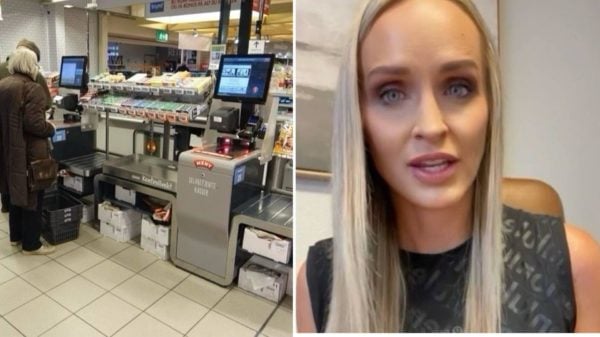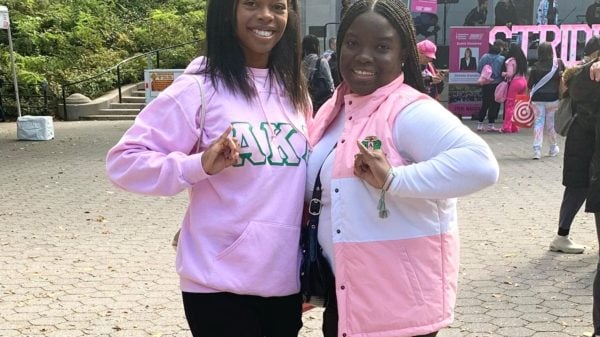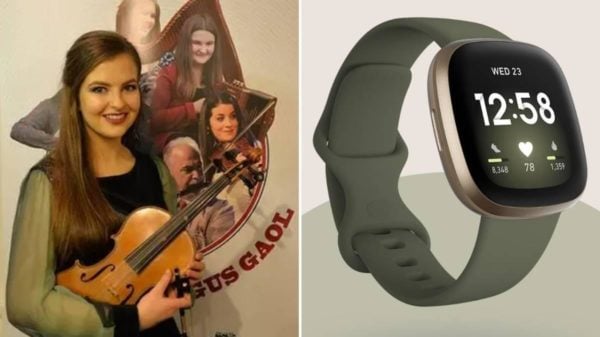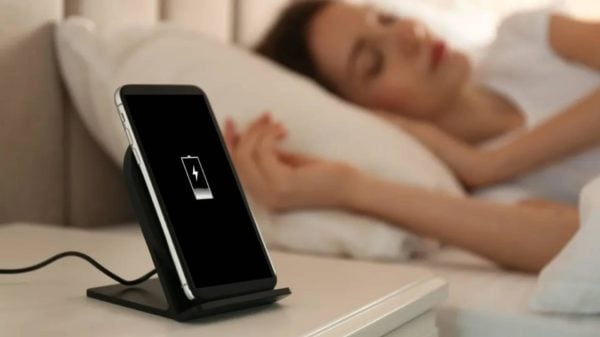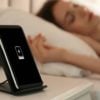Bartending is so much more than just serving drinks; those who work as bartenders are people persons, and they want and need to get to know everyone they’re serving in order to be great at their jobs.
Lea Miner, a bartender in Boulder, Colorado, explained, “The longer you work this job, the better you get at reading people—and the more important you realize it is. Understanding the customer not only helps us serve you better, but it’s also fun getting to know people.”
And the “getting to know you” starts from the moment someone walks in the door. Bartenders are hyper attuned to each specific customer, including their state of mind, their energy, preferences, and so much more, but the very first thing any good bartender will notice is someone’s intoxication level.
Bartenders are responsible for ensuring they don’t over serve anyone to the point where they are too drunk, so when someone walks through the door, a bartender first needs to assess just how sober, tipsy, or even drunk they are.
Miner clarified, “If you’re disheveled, slurring your words or walking in a strange way, then I’ll likely offer you water or a nonalcoholic drink.” However, if you’re sober enough the bartender will then offer you a drink, but how much information they immediately offer will depend on the customer’s energy.
Some people clearly want assistance whereas others know exactly what they want, so most bartenders will respond according to the vibe people give off. As well, how helpful a bartender is right off the bat usually depends on the type of bar they work at. A fancy cocktail bar with a complicated menu needs a bartender who can explain what they have to offer, whereas a sports bar with draft beer and mixers likely doesn’t have to say much at first.
In the same way, the price point of the location definitely dictates the energy of the bartender. Sports bar bartenders are likely to be a bit more laid back and conversational with customers, but mixologists will offer a more professional interaction.
But once again, the best bartenders in the business will adjust their conversation and even their personality to suit the preference of the customers, which they can read after just a short interaction. If someone is uncomfortable, they’ll take it slow and run them through their options, but if someone is confident and seems to know their way around alcoholic beverages, the bartender might jump right into a more in-depth conversation.
Who someone arrives with, i.e., alone, on a date, or in a group, will also affect how a bartender connects to the customer. Those who are alone typically want conversation, but those on a date or in a large group just want to get their order in and get back to their people.
It’s important to note that bartenders aren’t judging people, well maybe a little, but they’re mostly trying to assess who someone is, how they’re feeling, and anticipate what kind of experience they want to have and then give them that encounter they’re looking for.
They will note what someone’s wearing, how much money they’re likely to spend, if they’re feeling chatty, where they sit, and much more, but they’re just doing their job.



